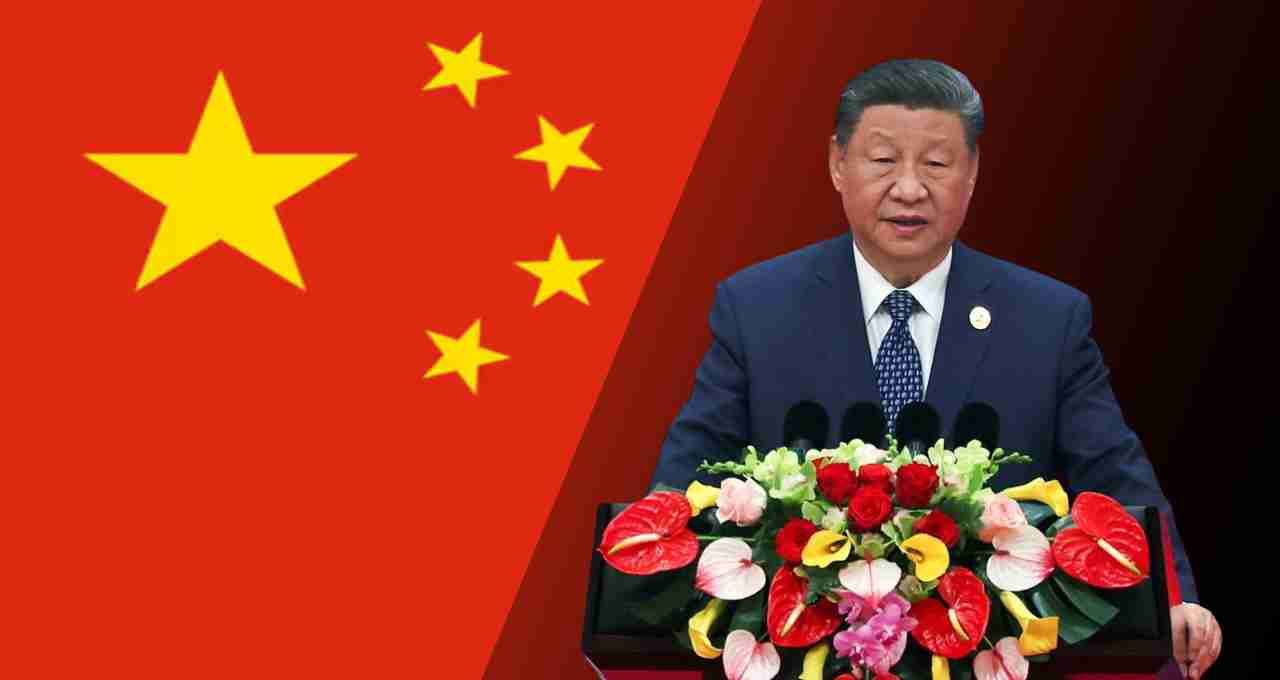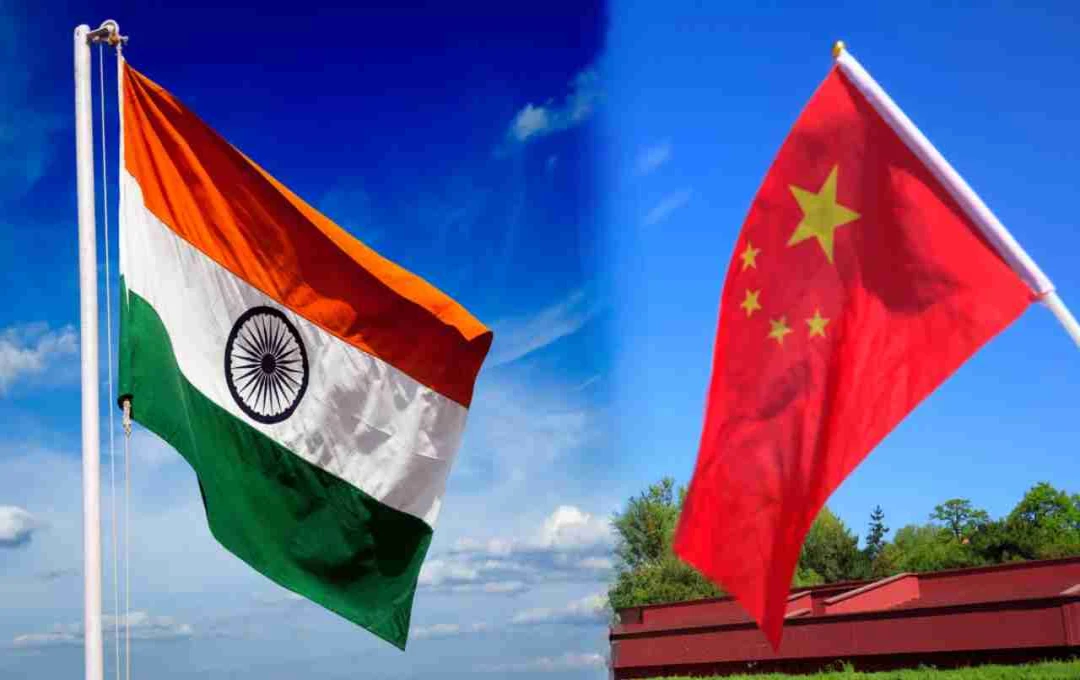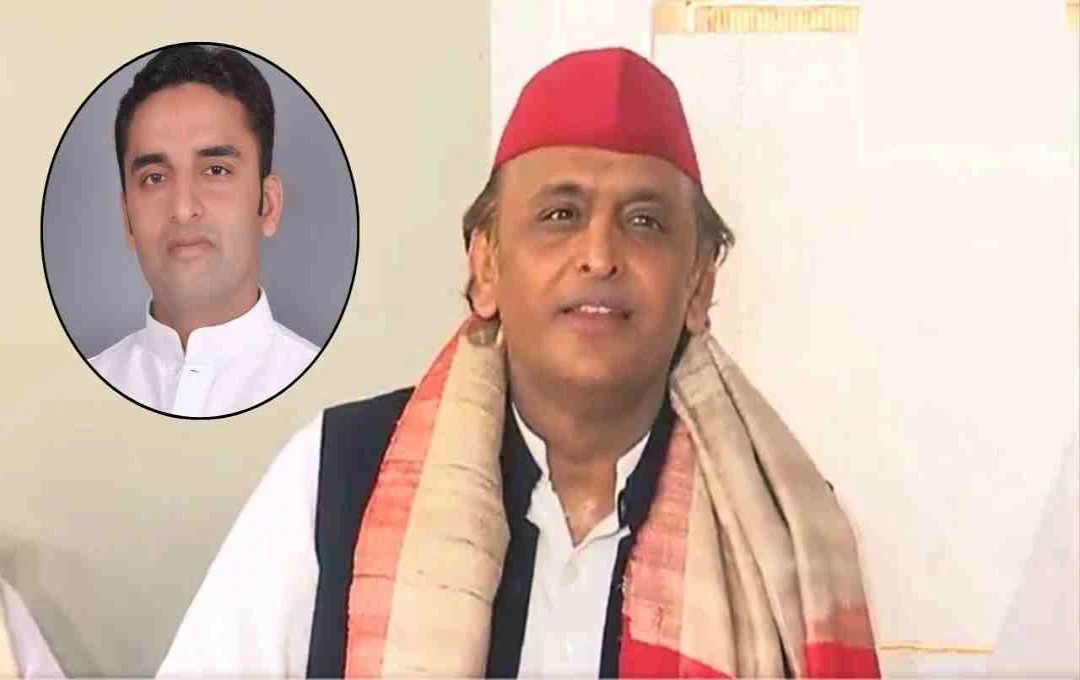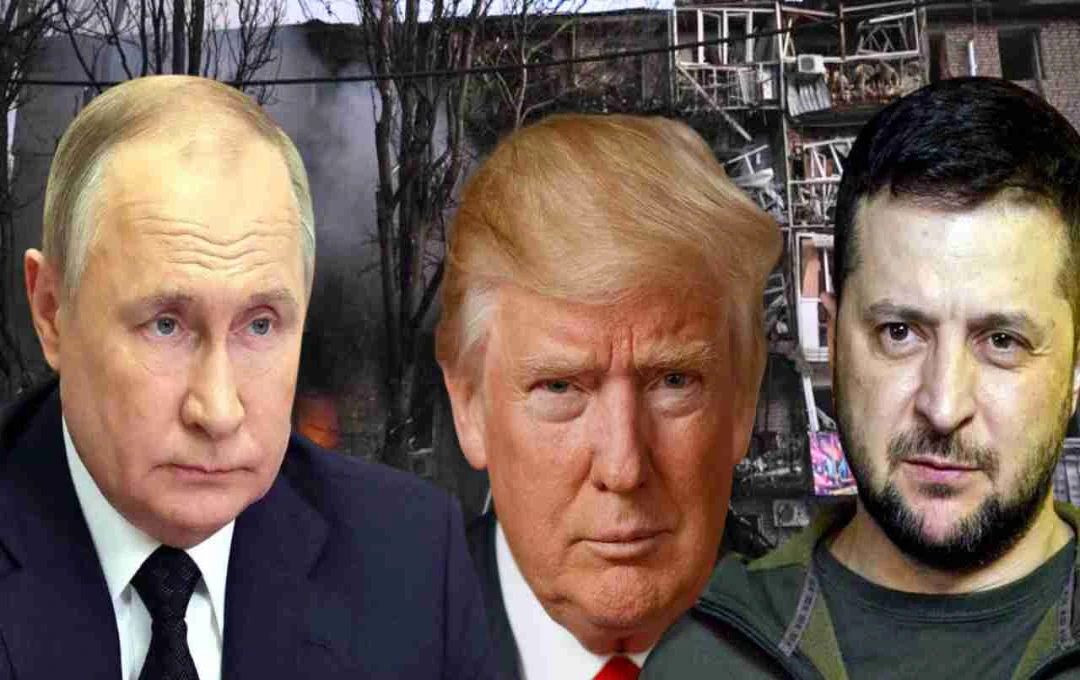India's rapidly growing electric vehicle and battery manufacturing industry has caused uneasiness in China. China has filed a complaint with the World Trade Organization (WTO) against India's PLI and EV policies, alleging that India's subsidy schemes violate global trade rules. In essence, China perceives India's industrial progress as a challenge to its manufacturing dominance.
India: China has filed a formal complaint against India with the World Trade Organization (WTO), accusing India of violating global trade rules by providing subsidies in the electric vehicle (EV) and battery industries. China claims that India's Production-Linked Incentive (PLI) and EV policies create unfair competition for foreign companies. In reality, India is rapidly taking steps to boost domestic manufacturing and technological self-reliance, which China perceives as a threat to its manufacturing supremacy.
China Alleges India Broke Rules
The core of China's complaint filed with the WTO is India's Production-Linked Incentive (PLI) scheme and EV policy. China states that India is promoting local production by subsidizing domestic companies. This, it argues, denies foreign companies a level playing field. China claims this violates global trade rules as the policy restricts imports and promotes local products.
According to WTO rules, any country must first attempt to resolve such disputes through consultations. China has filed a complaint against India, requesting the initiation of a consultation process. Previously, China had lodged similar complaints against Turkey, Canada, and the European Union, where governments are formulating policies to encourage green technology and domestic production.
What is China's Real Grievance?
China's real concern is that India might usurp its position. Today, the majority of electric vehicle and battery manufacturing in the world takes place in China. However, India is rapidly establishing itself in this sector. Companies like Tata, Mahindra, and Ola Electric are increasing production not only for the domestic market but also for export.
This success of India appears to challenge China's industrial model. China fears that if India strengthens its production network, its grip on the global market could weaken. This is precisely why it is targeting India's policies.
China Itself Has Been Doing the Same

Interestingly, the very policies for which China is now blaming India are the same ones it adopted for decades. China provided massive subsidies, tax concessions, and imposed strict conditions on foreign companies to build its industries. Through this strategy, it succeeded in becoming the world's largest manufacturing hub by leveraging cheap labor and large-scale production.
Now, as India attempts to follow the same path, China perceives it as contrary to its interests. India's policies are considered much more balanced and transparent compared to China's, as India operates within the framework of global trade rules.
India is Forging Its Own Identity
India has made it clear that its policies are part of the 'Atmanirbhar Bharat' (Self-Reliant India) campaign and are not directed against any specific country. The government's objective is to strengthen domestic manufacturing and enhance its position in the global market. India's growing industrial capacity is now attracting the attention not only of China but also of other nations.
The momentum India has gained in electric vehicle and battery manufacturing indicates that this sector could become a major pillar of India's economic growth in the coming times. China's uneasiness testifies that India has now established a b identity on the global industrial map.















